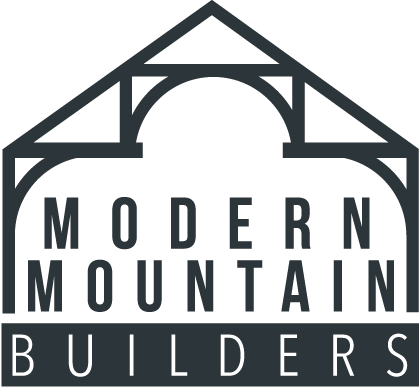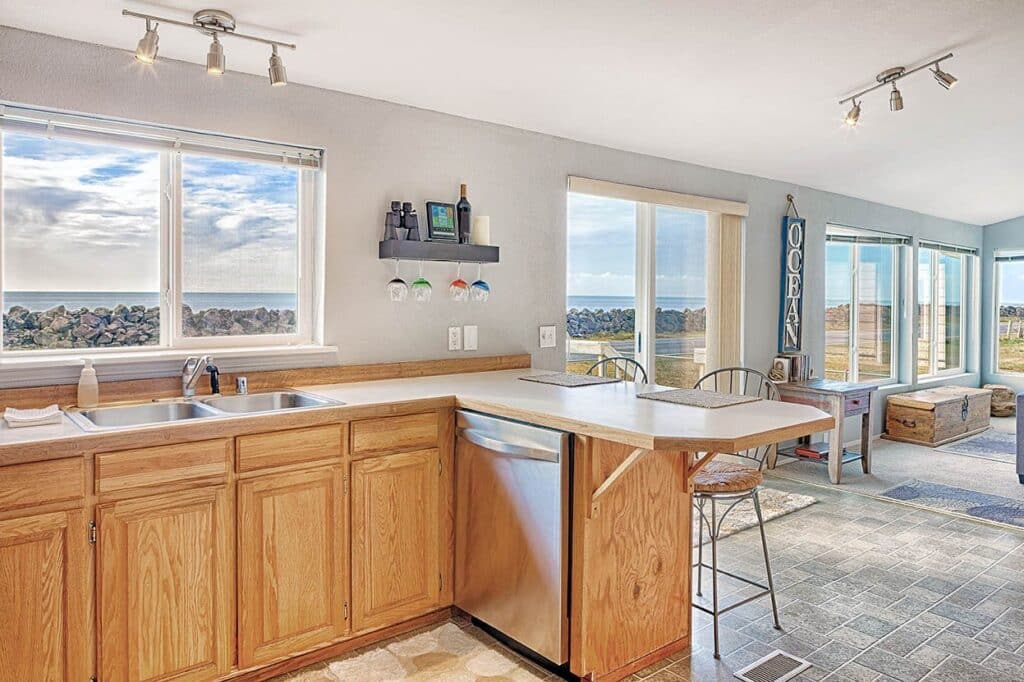For many homeowners, countertops are one of the essential parts of their home. The type of material you choose for your custom kitchen or bathroom will depend on various factors such as cost and maintenance level desired. In this article, we examine five different options: natural stone slabs, concrete slabs with overlay, engineered Quartz (resin-enhanced fused silica), laminates made from recycled materials like paper and cardboard that look like granite or marble but wear better than natural stone for high traffic areas in kitchens and bathrooms; Corian® which is an acrylic composite used to make durable surfaces with a variety of textures including woodgrain effects; stainless steel backsplashes which can be installed over existing countertop surfaces providing added functionality while also protecting them from damage caused by heat generated during cooking.
Granite
Granite is a stone that has been used as countertops for decades because it is resistant to scratches and stains. It also comes in thousands of different designs which homeowners can choose from. There are only two downsides to these natural stones- some slabs may contain unwanted variances or imperfections, and the surface must be sealed with a quality product so that water doesn’t penetrate the surface.
Marble
Marble has a few notable advantages: it is waterproof, heat-resistant, and does not scratch easily. On the other hand, marble stains easily as liquids are absorbed into its porous material. Marble countertops must be sealed regularly to preserve them. They become costly materials to use – often only used on feature parts of kitchens like islands instead of top cabinets or entire kitchen areas around significant appliances.
Limestone
Despite being available at various price points, Limestone is not scratch-resistant and should be sealed to protect its surface. It can also withstand heat since it is made up of Limestone; when used externally, this material tends to do better than other natural stone countertops. Limestone works well in interior settings as well as exterior ones.
Quartzite
Do not be confused with Quartz, which is an artificial material, quartzite is a natural stone. It’s known for its hardness and durability while also being low maintenance- it doesn’t require any special cleansers; just simple soap and water will do! As quartzite resists heat from heated objects like trivets or pot holders can protect the surface from direct contact with flame directly- be sure that you seal the rock if you want to preserve it too! The color of this type of stone only comes in white or greyish hues naturally.
Quartz
Quartzite, unlike Quartz, is a natural stone. It is porous and easily stained and so will need to be sealed if you would like it to stay white or light in color. Quartzite can be difficult to clean at times due to its rough surface, which means that your nails will likely get scratched up too! That’s why the manufactured material of Quartz makes for a much better choice-as. This does not happen with the engineered product as often, thanks to its smooth surface. Unlike natural stone, there isn’t any color inconsistency across entire slabs on an engineered product, which is why one brand provides consistency throughout all pieces. In contrast, different brands may have various colors within their products made of natural stones only where they come from quarries situated far away from each other geographically speaking.
Quartz is not like heat or impact resistant as natural stone, making it less apt for use in exterior spaces or fireplace surrounds. Quartz also tends to be heavier than its counterpart and requires more attention when installing and ensuring that the structure can support it properly. The price of quartz material can often be costly.
Concrete
Concrete countertops are perfect for homes that want to create an entirely seamless kitchen, and they’re often used in transitional or modern spaces. They can be heated at high temperatures, which makes them heat-resistant, textured, shaped, and colored to suit the needs of a home. But concrete counters require proper sealing because they’re susceptible to stains if not sealed properly. Abrasive cleaning solutions or tools can damage the sealer, so great care must be taken when maintaining such counterscapes with concrete surfaces; this is especially true if you opt for poured-in-place cement, as I mentioned before! Concrete countertops also can crack over time due simply to wear from settling on different levels throughout your house’s foundation–a significant downside for many homeowners who invest in these expensive perks!
Butcher Block
With the proper care and maintenance, wood countertops can last a lifetime. For this material, there is plenty to choose from: hard or softwoods; various grains, colors, and hues. Wood counters are warmer than stone surfaces, perfect for modern spaces with a warm touch. Like any other area in your home that you might use frequently (and where food is prepared), butcher block needs frequent upkeep- oiling as well as sealing with high-quality sealant regularly-to keep away moisture damage or high levels of humidity in your home if you want it to stay strong and durable! Because of its porous nature, germs can live on – even multiply. Within these materials, proper care must be taken before bringing this material into contact with food preparation surfaces/spaces- which unfortunately also makes them expensive because they need attention more often than others do.
Tile
Ceramic tiles are durable, easy to clean, and inexpensive. They also come in hundreds of colors and designs that stay resistant to heat. Ceramics can be suitable for DIYers who want to renovate but don’t have the help of experts- however, there is a chance you may break or crack them during installation or later on by accident. Grout can stain easily, so it’s challenging to maintain a spotless grout line with these materials. Typically ceramic tile countertops aren’t popularized like natural stone countertops because they’re not sought after anymore.
Stainless Steel
Stainless steel countertops make a great kitchen countertop material for contemporary and industrial-style kitchens. They are resistant to heat, among the most accessible materials to clean, and can be very loud with routine use. Plus, they’re often expensive as an option.
We hope you enjoyed the information and photos we shared in this blog post. With the help of a good interior designer, choosing countertop material for each space in your home should be fun and exciting!


